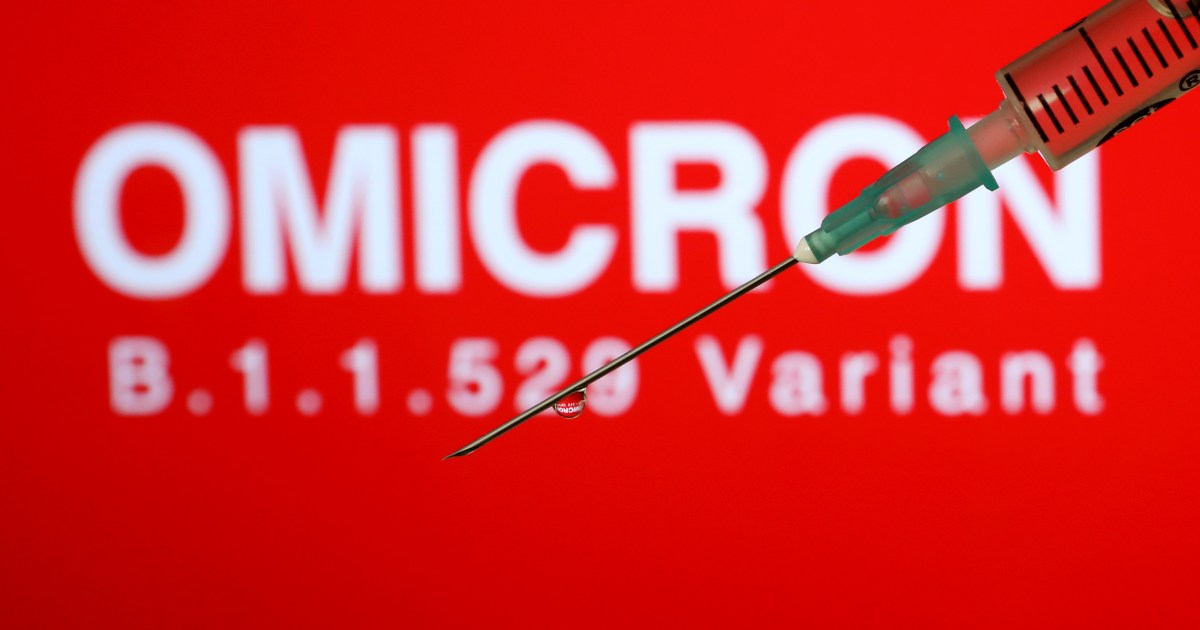The Washington Post praised what it called a bright spot in the world's uncertainty about the novel coronavirus variant "Omicron" when it was quickly revealed and its genome sequenced in South Africa, which then led To alert the rest of the world that it carries a large number of mutations and may be more transmissible, more virulent, and immunologically elusive than previous variants.
The Washington Post saw that in return for this wonderful and generous performance from South Africa, the doors closed without her audibly.
The newspaper said in its editorial today, Tuesday, that what scientists in South Africa have done is provide a glimpse into the future we need, which is a global early warning system using genetic monitoring, to monitor and track changes and the spread of pathogens based on whole genome sequences that produce a genetic blueprint made up of the smallest building blocks. basic of life.
It's time to start leveraging genomics and information sharing to build a robust global disease radar, or else we'll be flying blind in another dangerous storm.
The newspaper said that data sharing can be done quickly and can be used to develop treatments and vaccines, and this monitoring does not yet exist on a global scale, but South Africa and Britain showed the good news of their great success.
She pointed to the importance of the world's genetic monitoring networks being on standby everywhere and at all times, and criticized the United States for being still behind other countries, even though it is working to improve its use of genetic monitoring to track variants during the pandemic.
She added that the need for global cooperation in public health has often been hampered by countries' refusal to share samples and data, funding for surveillance, and scattered epidemiological and clinical information disconnected from the workings of the genome, making it difficult to tie things together.
The Washington Post concluded its editorial by saying that it is time to start leveraging genomics and information sharing to build a robust global disease radar, or else we will be flying blind in another dangerous storm.

